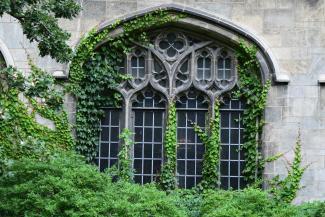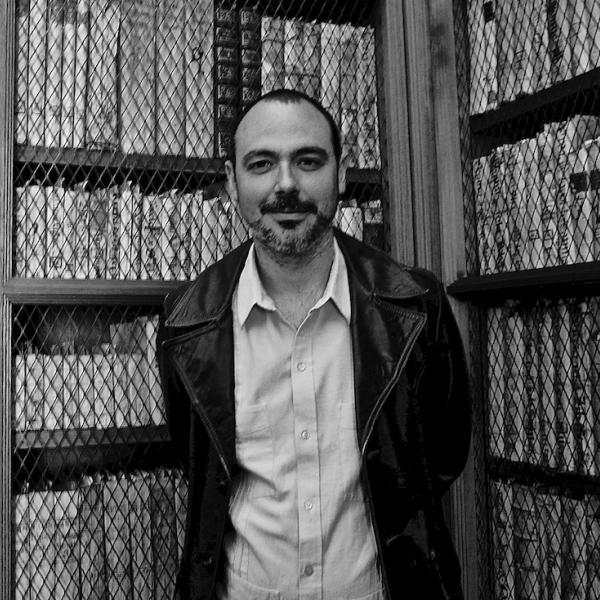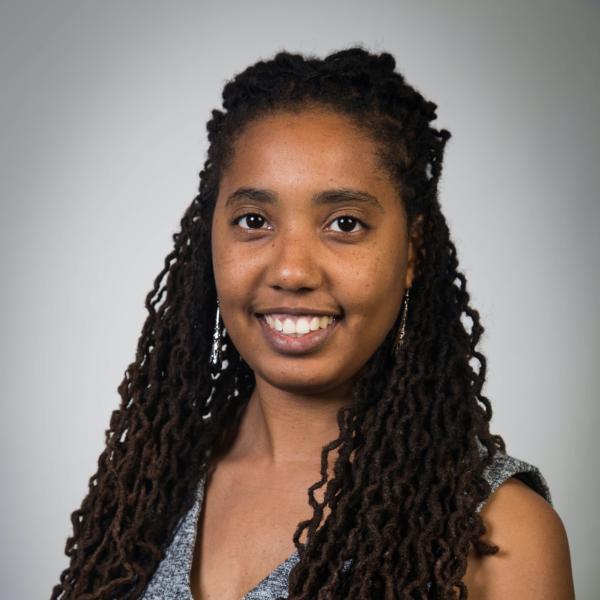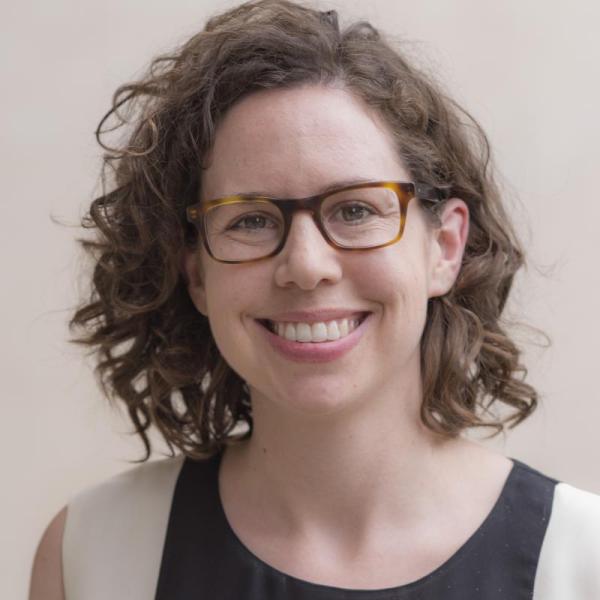
The Center for Latin American Studies (CLAS) brings together faculty and students across the University in interdisciplinary and interdivisional research, teaching, scholarly events, and public engagement related to this vital region of the world. CLAS provides a forum for the amplification of faculty findings, stimulates interdisciplinary intellectual exchange, nurtures regional inquiry among undergraduate and graduate students, educates the University community on vital regional issues, facilitates deep and sustained exchange with Latin American institutions, and creates a stimulating community for Latin American visitors, faculty, and students in Chicago.
MAPH students can pursue a specialization in Latin American and Caribbean Studies (LACS) by taking Latin America- and/or Caribbean-focused courses offered across disciplines. Students can select courses from among dozens that are listed and cross-listed by CLAS each year.
Selected Faculty
Sample Courses
LACS 35501 - New Directions In Afro-Latin Performance (Danielle Roper)
This class engages contemporary conversations in the study of Afro-Latin performance and explores the work of emerging black performance artists across the hemisphere. Tracing performances of blackness from the Southern cone to the Caribbean, we will examine the ways blackness is wielded by the State and by black communities themselves in performance and visual art across the region. We ask: what is the relationship between race and theatricality? What work is blackness made to do in states organized around discourses of racial democracy and mestizaje? How are notions of diaspora constructed through performances of blackness? We take up these questions in our study of reggaetón, hip hop, samba, el baile de los negritos and examine the works of noted and upcoming black artists such as Victoria and Nicomedes Santa-Cruz, Carlos Martiel, Las Nietas de Nonó, and others.
LACS 36382 - Development and Environment in Latin America (Diana Schwartz Francisco)
This course will consider the relationship between development and the environment in Latin America and the Caribbean. We will consider the social, political, and economic effects of natural resource extraction, the quest to improve places and peoples, and attendant ecological transformations, from the onset of European colonialism in the fifteenth century, to state- and private-led improvement policies in the twentieth. Some questions we will consider are: How have policies affected the sustainability of land use in the last five centuries? In what ways has the modern impetus for development, beginning in the nineteenth century and reaching its current intensity in the mid-twentieth, shifted ideas and practices of sustainability in both environmental and social terms? And, more broadly, to what extent does the notion of development help us explain the historical relationship between humans and the environment?
LACS 36411 - Literature and History in the Ibero and Ibero-American World (Mauricio Tenorio)
The course will explores the relations between literature writing (novels, short stories, poetry, essays) and history writing in the Ibero and Ibero-American world, from the 1800s to the 1970s. The focus will be on Spain, Portugal, Brazil, Mexico, Rio de la Plata, and Cuba. The course will deal with historical prose in its own language broth and with literature both as form of and evidence for history.
Visit CLAS’s course page for an extended listing of classes and descriptions.
Latin American and Caribbean Studies Specialization
The Latin American and Caribbean Studies Specialization allows students to structure their coursework and thesis around the study of Latin America and the Caribbean within MAPH. Students who complete the following requirements will receive a Latin American and Caribbean Studies transcript notation:
- MAPH Core Course (Foundations of Interpretive Theory)
- 1 foundational course in Latin American and Caribbean Studies
- 3 additional graduate-level courses in Latin American and Caribbean Studies
- Demonstrated language proficiency in Spanish, Portuguese, Haitian Kreyol, or a relevant indigenous language as determined by passing the Practical Language Proficiency Assessment, completing a course beyond the second-year level (above 20300) in a regional language, or having received a high school diploma or undergraduate degree from an institution in which the language of instruction is one of the languages listed above.
- A major research project (typically an MA thesis) on a theme or topic related to Latin America and/or the Caribbean
- Presentation of academic work at the Latin American History Workshop or Workshop on Latin America and the Caribbean
The LACS Specialization pairs well with the MAPH Two-year Language Option. More information about each requirement is provided on the CLAS website. Please direct any questions you may have about specializing in Latin American and Caribbean Studies to maph-support@uchicago.edu.
Recent Latin American and Caribbean Studies Thesis Projects
"Tracing the Vèvè, Healing the Nation: Exploring Bakongo Cosmologies in Haitian Vodou"
Mariah Bender, MAPH '20
Advisor: Dwight Hopkins
"Mythistories in Lebanese and Guatemalan Civil War Literatures"
Mark Marroquin, MAPH '19
Advisor: Ghenwa Hayek
"Real Death: Exploring the Ontology of Photography, Death, and Space in Graciela Iturbide’s Primera Comunión (1984)"
Olivia Crawford, MAPH '18
Advisor: Megan Sullivan



